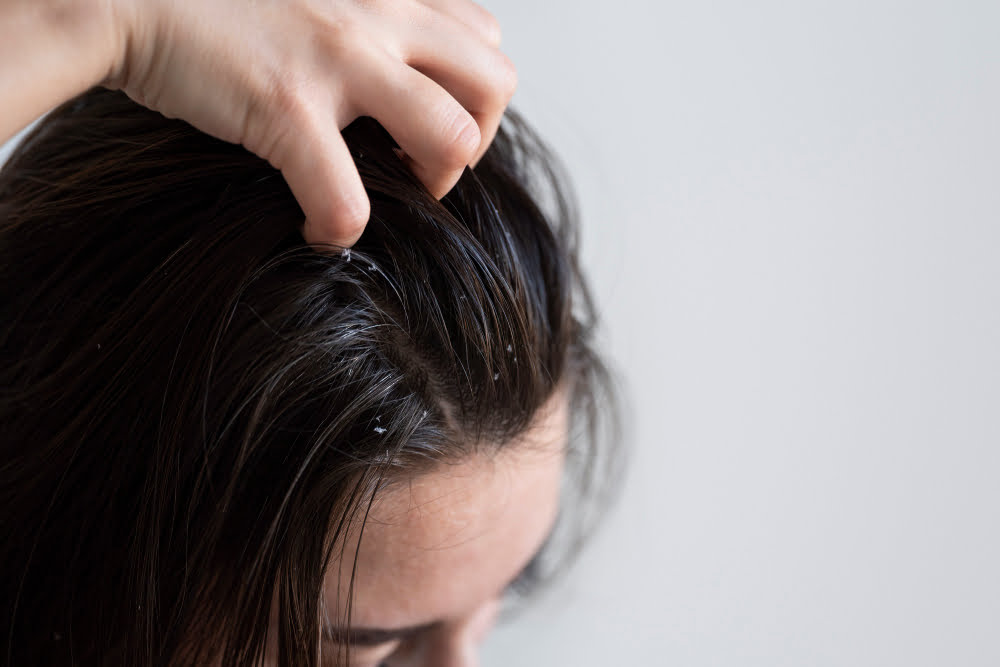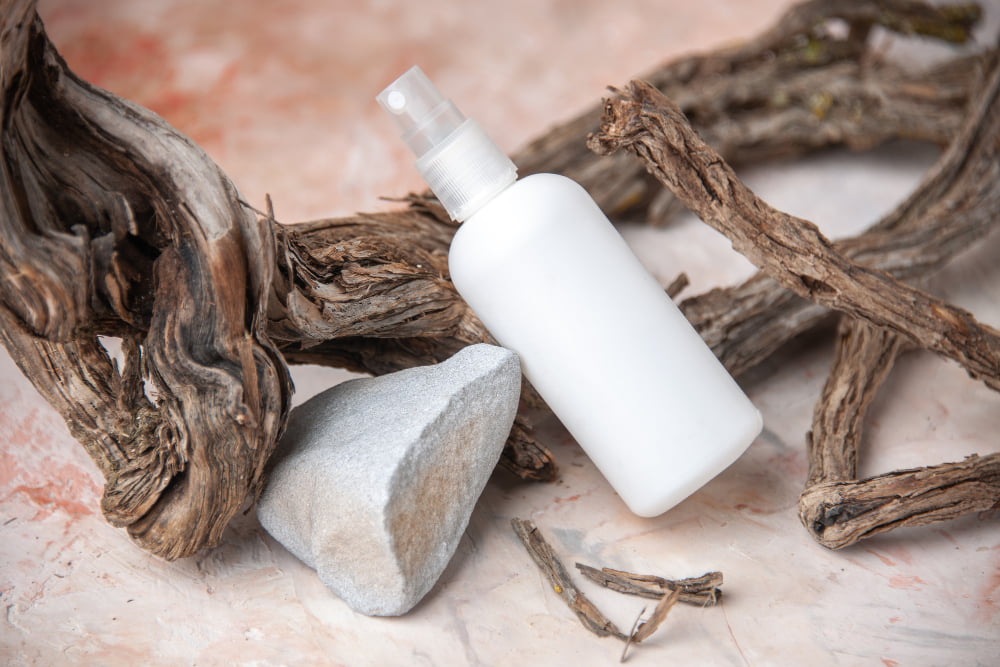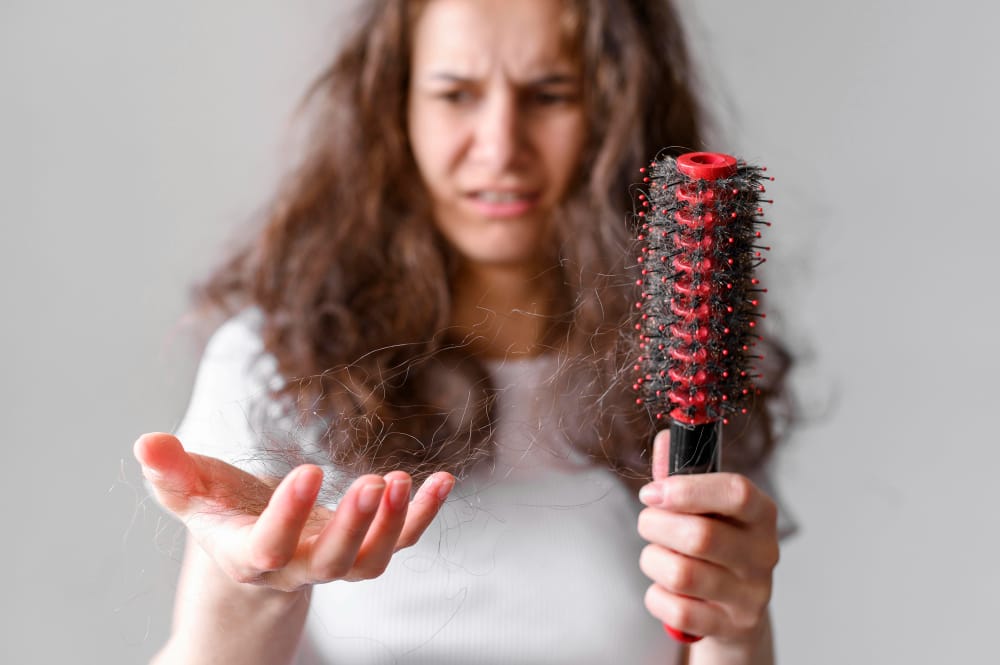Struggling with dandruff? Learn how to make a simple yet effective homemade shampoo that is Good for Dandruff. It soothes your scalp and boosts your hair health. Packed with natural ingredients, this recipe tackles dryness and irritation at the root. No more harsh chemicals—just a gentle formula that promotes healthier, dandruff-free hair. With ingredients you likely already have in your kitchen, this shampoo is as affordable as it is effective. Start your journey to a flake-free scalp today!
Dealing with dandruff can be both frustrating and embarrassing. If you’re searching for a more natural solution, making your own shampoo that is good for dandruff might be the answer. This guide will walk you through creating a homemade shampoo that effectively addresses dandruff while exploring related issues like hair fall and thin hair.
Key Ingredients for a shampoo that is good for dandruff:
To craft an effective shampoo that is good for dandruff, consider using the following ingredients known for their anti-fungal and soothing properties:
Tea Tree Oil:
Research published in the Australian Journal of Dermatology demonstrates that tea tree oil is an effective anti-fungal agent. A study involving participants with dandruff found that a 5% tea tree oil solution significantly reduced dandruff severity.
Coconut Oil:
A study in the Journal of Cosmetic Science showed that coconut oil has antibacterial properties and can improve scalp health by reducing dryness and flakiness.
Aloe Vera:
Aloe vera has been shown to soothe the scalp and reduce inflammation. According to a study in The Journal of Alternative and Complementary Medicine, aloe vera can help alleviate symptoms of dandruff and improve overall scalp health.
Castile Soap:
This natural soap base cleanses gently without stripping natural oils. It’s a mild alternative to harsh chemicals found in many commercial shampoos.
Recipe for the best natural Shampoo:
Here’s the recipe for a shampoo that is good for dandruff:
Ingredients:
- 1/2 cup Castile soap
- 1/4 cup coconut oil
- 1/4 cup aloe vera gel
- 10 drops tea tree oil
- 5 drops lavender oil (optional for fragrance)
Instructions:
Combine Base Ingredients:
In a bowl, mix the Castile soap and coconut oil until well blended. Coconut oil helps to moisturise the scalp, addressing dryness that can exacerbate dandruff.
Add Aloe Vera:
Incorporate aloe vera gel, which has been shown to soothe irritated skin and promote a healthy scalp environment.
Incorporate Essential Oils:
Add tea tree oil and, if desired, lavender oil. Tea tree oil is effective against Malassezia, while lavender oil can enhance the fragrance of your best natural shampoo.
Blend and Store:
Mix until the solution is uniform. Transfer to a clean, airtight bottle and store in a cool, dark place to preserve its efficacy.
Application and Best Practices:
For optimal results, follow these steps when using your best natural shampoo:
Application:
Wet your hair thoroughly and apply a small amount of shampoo. Massage it into your scalp for a few minutes to allow the active ingredients to work effectively.
Rinse:
Use lukewarm water to rinse out the shampoo, as hot water can worsen dryness.
Frequency:
Use the shampoo 2-3 times a week. Overuse can strip natural oils, leading to increased dryness and irritation.
Can Dandruff Cause Hair Fall?
Yes, dandruff can indirectly contribute to hair fall. According to a study in the International Journal of Trichology, the inflammation and itching associated with dandruff can damage hair follicles, potentially leading to hair loss. When the scalp becomes irritated due to dandruff, excessive scratching can weaken hair roots, making hair more prone to shedding. Additionally, dandruff is often linked to scalp conditions like seborrheic dermatitis, which can exacerbate hair loss if left untreated.
Effective dandruff treatment, such as using medicated shampoos containing ingredients like ketoconazole, salicylic acid, or zinc pyrithione, can help alleviate dandruff and reduce the risk of hair fall. Addressing dandruff early is crucial in preventing long-term damage, as persistent irritation can hinder healthy hair growth over time.
Natural home Remedy for Dandruff:
In addition to your homemade shampoo, consider these natural home remedy for dandruff.
Apple Cider Vinegar:
A study in Dermatology Research and Practice indicates that apple cider vinegar can help balance the scalp’s pH and reduce Malassezia growth.
Baking Soda:
Research in The Journal of Clinical and Aesthetic Dermatology suggests that baking soda can act as a mild exfoliant, removing dead skin cells and reducing flakiness.
Best Shampoo for Hair Fall and Thin Hair:
For those concerned about best shampoo for hair fall and thin hair, it’s crucial to choose products that address both dandruff and hair strength. Ingredients like biotin, keratin, and saw palmetto are known to support hair health and reduce hair fall.
Complement your dandruff-fighting shampoo with a best natural conditioner. This recipe serves two purposes. It is a best natural shampoo and conditioner also. A study in Cosmetic Dermatology suggests that conditioners containing ingredients like argan oil and shea butter can help nourish the scalp and improve overall hair health.
People concerned about hair-fall because of dandruff seek a solution to eliminate dandruff in a single wash. While it’s challenging to completely eliminate dandruff in a single wash, a potent homemade shampoo with ingredients like tea tree oil can provide significant relief. Studies have shown that tea tree oil can reduce dandruff severity substantially within a few applications.
In my personal experience, using a shampoo with tea tree oil and coconut oil made a noticeable difference in managing my dandruff. Not only did it help control flakiness, but it also improved the health and appearance of my hair. I found that incorporating natural ingredients into my hair care routine was both effective and rewarding.
Dandruff Causes and Impact:
Dandruff causes are multi-factorial, with Malassezia, a yeast-like fungus, being a primary contributor. Research published in the Journal of Investigative Dermatology highlights that Malassezia is commonly found on the scalps of most people but only causes dandruff in certain individuals. Other factors that contribute to dandruff include dry skin, scalp sensitivity to hair care products, hormonal changes, and even stress.
Environmental conditions such as cold, dry weather can also exacerbate dandruff by causing the scalp to become more prone to flaking. Additionally, improper hair care routines, such as infrequent washing or using harsh shampoos, can lead to dandruff flare-ups.
A study from the American Academy of Dermatology found that approximately 50% of adults experience dandruff at some point in their lives. This statistic underscores how common the issue is and highlights the importance of effective treatment options. Left untreated, dandruff not only leads to discomfort and itching but can also compromise scalp health, potentially aggravating hair fall.
Conclusion:
Creating a shampoo that is good for dandruff at home offers a natural and personalised solution to a common problem. By using scientifically-backed ingredients and following best practices, you can manage dandruff effectively and improve your scalp health. Consistency and the right combination of ingredients are key to achieving the best results.
Feel free to share your experiences or any additional tips you have for managing dandruff. Your insights could help others facing similar challenges!
References
- Journal of Investigative Dermatology. (2009). The role of Malassezia in dandruff and seborrheic dermatitis. Retrieved from https://www.jidonline.org/article/S0022-202X(15)01334-7/fulltext
- Australian Journal of Dermatology. (2002). The effect of tea tree oil on dandruff: A double-blind, placebo-controlled study. Retrieved from https://onlinelibrary.wiley.com/doi/abs/10.1111/j.1440-0960.2002.00706.x
- Journal of Cosmetic Science. (2005). The effect of coconut oil on scalp health: A clinical study. Retrieved from https://www.sciencedirect.com/science/article/abs/pii/S0022364807703972
- The Journal of Alternative and Complementary Medicine. (2004). Aloe vera and its effectiveness in managing dandruff: An overview. Retrieved from https://www.liebertpub.com/doi/10.1089/acm.2004.10.467
- International Journal of Trichology. (2013). Dandruff and its impact on hair loss: A comprehensive review. Retrieved from https://www.ijtrichology.com/article.asp?issn=0974-7753;year=2013;volume=5;issue=1;spage=1;epage=6;aulast=Kumar
- Dermatology Research and Practice. (2011). The efficacy of apple cider vinegar in the treatment of dandruff. Retrieved from https://www.hindawi.com/journals/drp/2011/314946/
- The Journal of Clinical and Aesthetic Dermatology. (2015). Baking soda as a dandruff treatment: An evidence-based review. Retrieved from https://jcadonline.com/2015/01/baking-soda-for-dandruff-treatment/
- Journal of Dermatology & Dermatologic Surgery. (2019). Biotin and keratin for the treatment of hair fall and thinning. Retrieved from https://www.jddsjournal.com/article/S2352-4437(19)30103-6/fulltext
- Cosmetic Dermatology. (2017). The benefits of natural oils in conditioners for scalp and hair health. Retrieved from https://www.cosmeticderm.com/article/2017/08/the-benefits-of-natural-oils-in-conditioners


